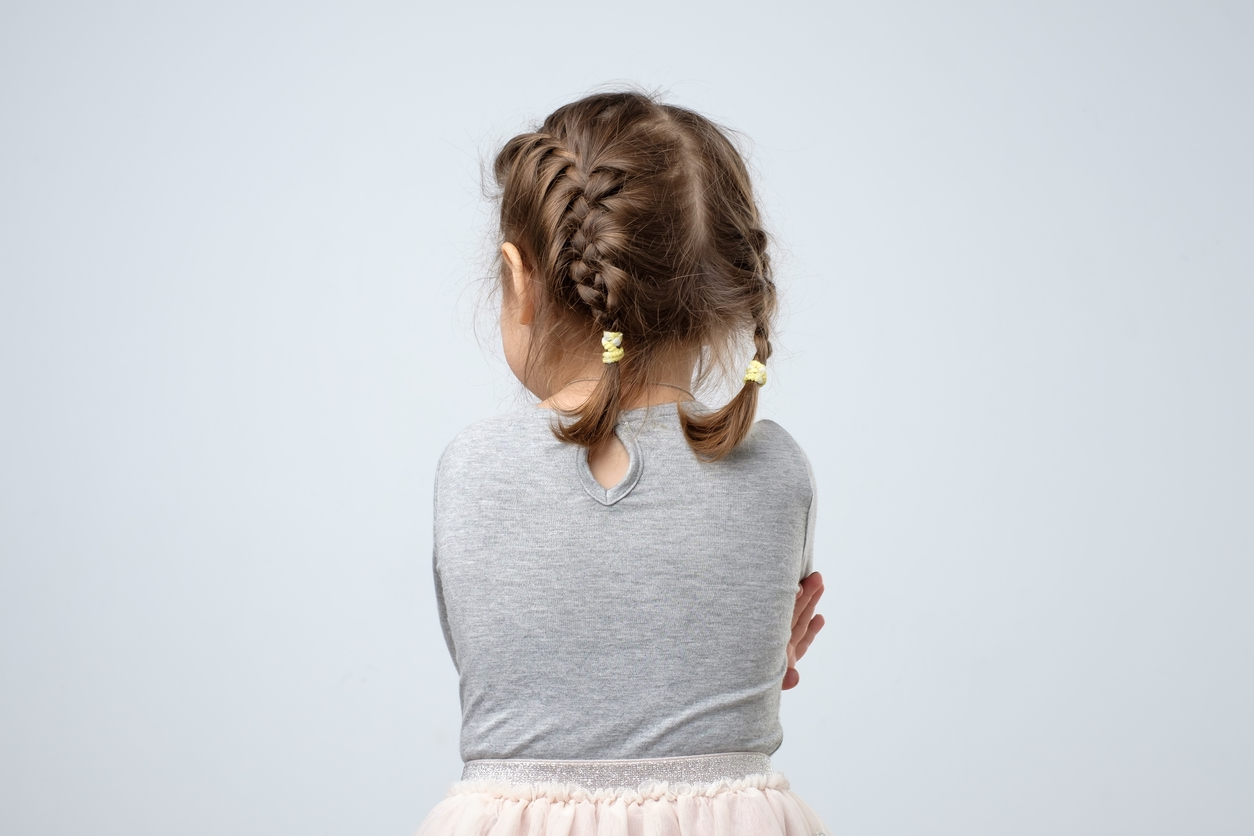
Childhood sexual abuse is not something that you recover from. It’s something you experience, and it’s something that impacts you every day for the rest of your life.
When you have a seriously traumatic experience in childhood, the science shows that this has significant impacts on your brain chemistry, on your development, that impact you for the rest of your life. And that’s setting aside the fact that you have to then live with the memories of the horribly traumatic event that happened to you.
We often have clients in these cases who come to us and say, ‘I’ve spent the last, 30, 40 years trying to forget what happened to me because it was so horrible.’ And they can’t. It’s something that with appropriate care and treatment you can work on, but it’s not something that you can ever really cast off.
Many times our clients come to us with serious mental health problems, sometimes to the point where it impacts them physically. Virtually all of our clients in these cases suffer from serious anxiety. They have a very hard time trusting authority figures. They have extreme difficulty with sexual intimacy. They have a really hard time being around other people because of what happened to them when they were children. They experienced such an egregious breach of trust with their abusers promising to keep them safe and protected, only to assault and abuse them.
All of those experiences aren’t just physically horrific. They’re emotionally and psychologically impactful. So when victims come forward decades later, that’s usually because it took that long for them to process what happened to them to the point where they could even begin to talk about it. Sharing that this type of experience happened with other people is incredibly hard. It causes clients to relive the experience. It causes them to remember things about the experience that they tried to keep buried. And going forward and trying to hold the responsible parties accountable takes an enormous amount of courage.
These clients are mostly people who have been ignored or dismissed by society. They’ve spent a large fraction of their lives dealing with the effects of having been horribly abused as children, which made living a normal life difficult and in some cases impossible.
It’s very difficult to be a typical functioning adult when you can’t be in the same room with other people or when you’re worried the whole time about whether or not you’re going to have an anxiety attack or whether or not you’re going to be reminded by seeing something that reminds you of the group home, that then you’ll just shut down, or you’ll have such a bad day of depression that you can’t function.
The fact that these people are willing to come forward after all the challenges they faced and share their worst nightmares, revisit their lifelong trauma, to seek accountability from their abusers, to demonstrate incredible bravery, is inspiring. Being granted the opportunity to serve them on their path to some modicum of healing comes with a tremendous sense of responsibility we all take with the utmost gratitude and responsibility. It’s humbling. And it’s why are all so dedicated to this work.
